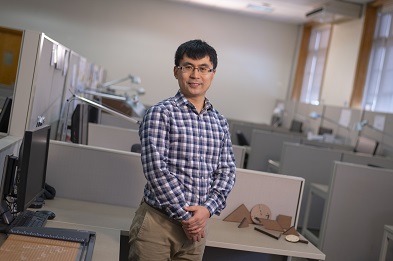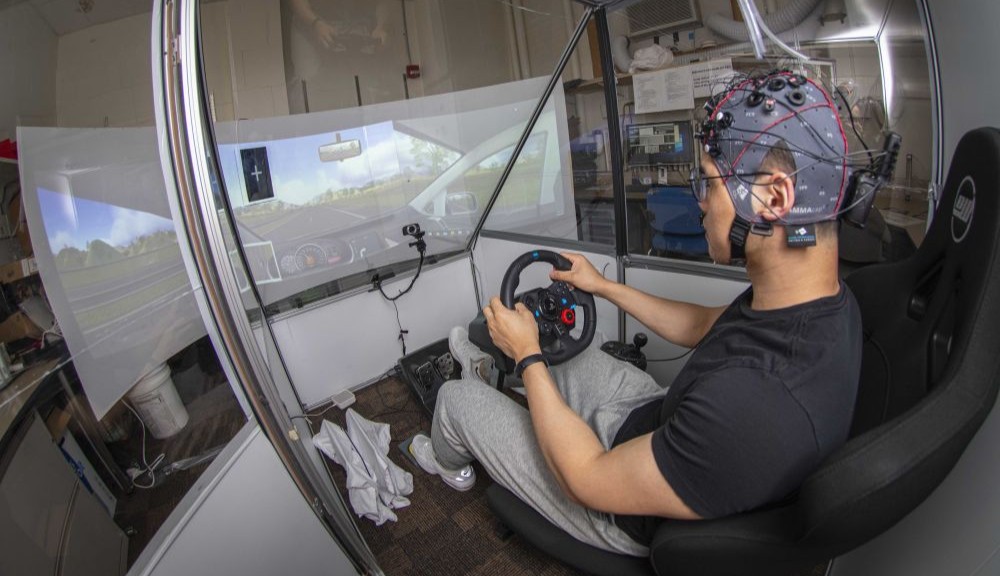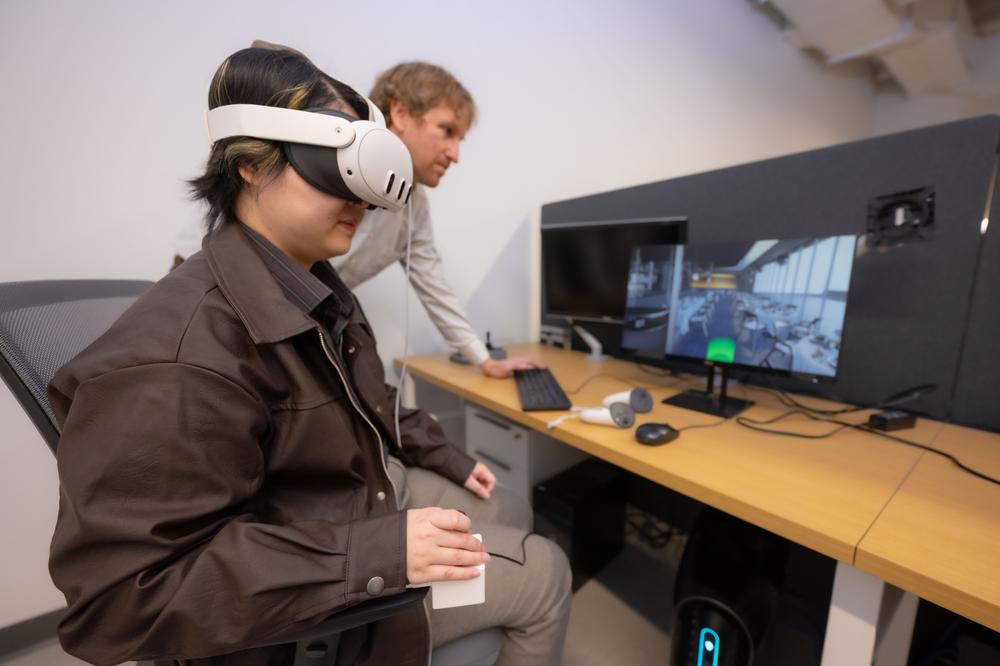Researchers at Worcester Polytechnic Institute (WPI) have been awarded a $299,991 grant from the National Science Foundation (NSF) to develop technologies that detect and boost student engagement in lessons by controlling indoor physical environmental factors such as temperature, ventilation, and lighting.

Shichao Liu, assistant professor of architectural engineering, is principal investigator of the three-year project. Co-principal investigators at WPI are Steven Van Dessel, associate professor of architectural engineering, and Jacob Whitehill, assistant professor of computer science. Jianshun Zhang, professor of mechanical and aerospace engineering at Syracuse University, will be a consultant.
The project tackles a fundamental issue with indoor physical environments created by heating, ventilation, air conditioning, and other building systems. Current design practice aims to make indoor environments as uniform as possible. Yet in classroom environments, different students feel distinct levels of comfort or discomfort under the same conditions, and that can impact their ability to learn.
“When we look at how student learning can be improved, a lot of researchers start from the perspective of pedagogy and teaching materials,” Liu said. “As an engineer in building sciences, I know indoor environmental quality is a big factor that affects people’s comfort and cognitive performance.”
To start, the researchers will use computer vision to film the faces of 24 undergraduate volunteers as they watch recorded lectures in different simulated settings—a lecture hall, a computer lab, and a virtual reality environment. Temperature, light, and ventilation will be varied, too.
Then the researchers will use the collected data and machine learning to develop automated detectors of student engagement and comfort. Such detectors could ultimately be installed in smart buildings to monitor and adjust classroom temperature to support student learning.









